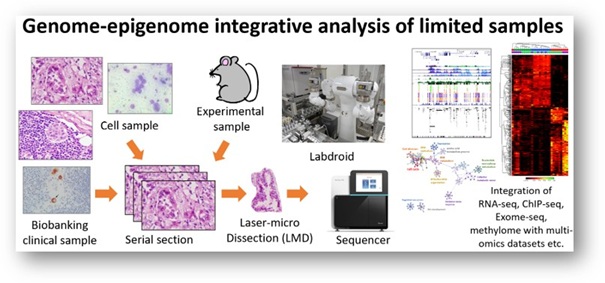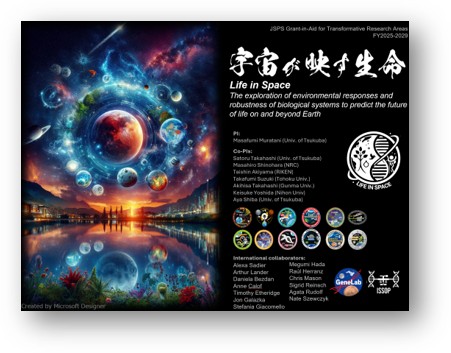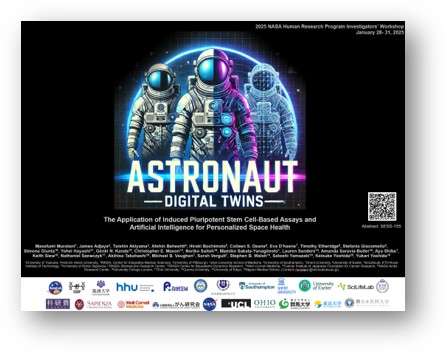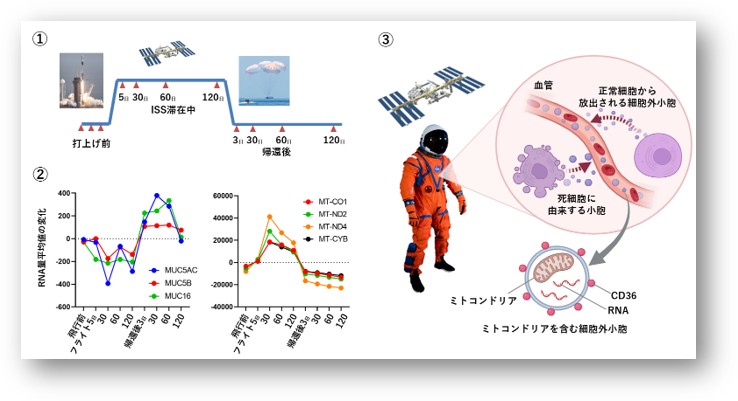
Genomic and Epignetic Analysis of Limited Tissue Samples
Traditionally, cultured cell lines established from cancer tissues have
played a key role in human disease research. These cells, which can be
propagated in plastic containers, are invaluable for a wide range of biochemical
and molecular biological experiments. They have contributed significantly
to our understanding of disease mechanisms and to the development of therapeutic
drugs. However, because cultured cells are maintained long-term in artificial
conditions that differ from the human body, their behavior may not fully
reflect that of natural human cells. Furthermore, actual human tissues
are composed of diverse cell types and are embedded in complex extracellular
structures—features that cannot be replicated in vitro. For this reason,
particularly in tissues where cell proliferation is limited, we still lack a
clear understanding of how cellular activity is regulated under both healthy
and disease conditions. Our research group, in collaboration with the Tsukuba
Human Tissue Biobank Center and the Department of Pathology, directly analyzes
tissue samples obtained from patients. Through this approach, we aim to
elucidate the underlying mechanisms of human diseases and contribute to the
development of effective treatments.
Why has research using such valuable
clinical samples been limited until now?

Advanced Technology Development through Mouse Model Analysis
Mouse models are important in the development of genomic technologies.
In basic research, the demand for greater detail and precision frequently
leads to the refinement of existing analytical methods and the emergence
of entirely new approaches. Necessity truly is the mother of invention.
Moreover, laboratory mice are genetically homogeneous and can be raised
under standardized conditions, which allows us to minimize experimental
variability unrelated to genetics. In contrast, human clinical samples
are highly variable due to differences in disease progression, genetic
background, and subtle distinctions in sample collection. Additional, unforeseen
factors may also affect patient cohorts and data sets. For this reason,
we believe that interpreting genomic and epigenomic data from clinical
samples requires the analytical perspective gained through repeated experimentation
with mouse models. This experience helps us determine meaningful comparisons
and ultimately identify biologically significant phenomena.
Space Life Science: Toward the Expansion of Humanity into Space
The high-precision techniques we have
developed to extract top-quality genomic and epigenomic data from critical
biological samples are also applicable to a wide range of other research areas.
Among them, space life science — spearheaded by JAXA and based in Tsukuba Science City — has become one of our
group’s key research domains. We contribute to a
variety of collaborative projects, including clinical studies involving
astronauts aboard the International Space Station, and experiments with mice
raised in space. Our group is the principal investigator on the following three
major themes.
JSPS Funding "Life in Space: the Exploration of Environmental Responses and Robustness of Biological Systems to Predict the Future of Life on and beyond Earth" (FY2025-2029)

JAXA Flagship Mission "Astronaut Digital Twins: the Application of iPS Cells and Artificial Intelligence for Personalized Space Medicine"
2014 International Life Sciences
Research Announcements

Department of Genome Biology
Faculty of Medicine
University of Tsukuba
1-1-1 Tennodai
Tsukuba, Ibaraki
305-8575, Japan
TEL 029-853-7645
FAX 029-853-3925
MAIL muratani@md.tsukuba.ac.jp